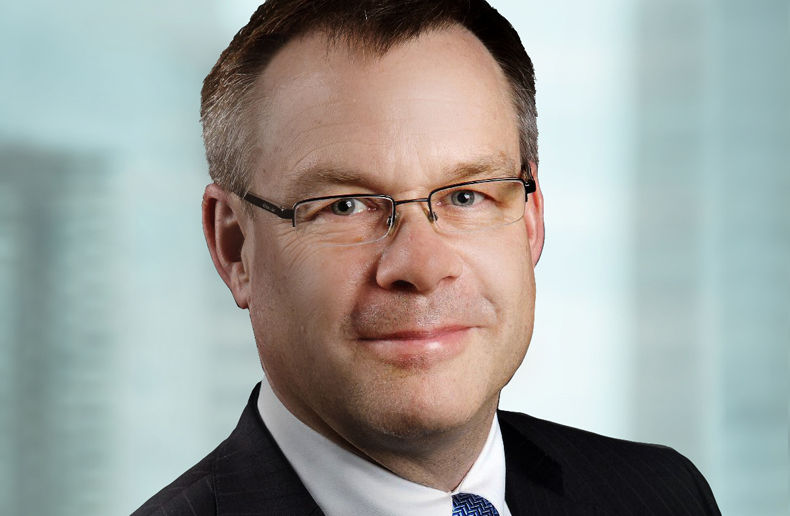The COVID-19 pandemic is a powerful catalyst of structural trends in a vast swath of areas.
The financial advice sector is not immune, Pierre Piché, Vice-President of Power Corporation, said at the opening of the virtual 2020 Life Insurance Convention.
Among the major and lasting changes, Piché gave a striking example that affects financial advice: "the interest rate outlook essentially stalled at 0% for an extended period.”
Typically, clients first ask about the returns of different asset classes, he says. "You need to explain to your clients that their asset allocation will need to be revised to achieve the same financial goals, and that this reallocation may well be permanent."
In search of performance
The efficient frontier of the asset portfolio has shifted, and traditional allocation rules no longer apply, he adds. "At the same time, we are seeing the rise of alternative assets. These assets are getting within reach of many individual clients. Conversely, products whose cost is interest-rate sensitive, such as permanent life insurance products with fixed and high guarantees, are becoming expensive and much more difficult to sell.”
The financial product universe and their risk-return relationship is in turmoil, Piché says. "All this creates a major adjustment challenge," he told the conference participants. "Meanwhile, your clients are increasingly sensitive to environmental and social issues. They are asking you questions about green portfolios and ESG (environmental, social and governance) factors. These solutions are also becoming more and more important.”
Risk of decimation
The second most important major and lasting change is the bimodality of the economy, Piché says. Some economic and employment sectors are doing much better than others in a social distancing context, he points out. For the sectors negatively affected by the pandemic, he gave the examples of the hospitality, aeronautics and event-driven sectors.
"Sectors at the greatest risk of decimation produce many jobs, even proportionally more than less affected sectors. The disappearing jobs are often held by people who are socially and financially disadvantaged. To maintain social cohesion, governments will have to take an interest in their future."
Heavily indebted governments will need to rebalance their finances, Piché adds. Program spending will have to be trimmed. There must also be a will to promote job creation in the affected sectors. Taxes will have to be raised and the Bank of Canada should maintain relative tolerance for inflation, he says.
Three years of progress in three months
Three years ago, Piché helped prepare a conference by Henri-Paul Rousseau at the Life Insurance Convention. "Rousseau spoke about the impending tech hurricane that would revolutionize financial advice. In fact, this storm hit in mid-March 2020, and it’s now causing tremendous turbulence in our sector!”
Everyone has learned how to use technology: videoconferencing platforms, contactless payment, Internet money transfer solutions, e-commerce, telemedicine, the list goes on, Piché says. Customers’ adoption of digital technology has accelerated sharply since early 2020, he adds. "In three months, customers made about as much progress as they did in the past three years."
The role of advisors
Digital solutions are here to stay, Piché adds. If customers have learned to love the digital world, they will be even more enamoured with these tools once the industry has developed a data-sharing infrastructure that will allow consumers to control their personal and financial information, he says. They will be able to compare financial products and choose the ones best suited to their needs.
The pandemic has highlighted the important role of advisors for customers. "Today, advisors must be a coach, a mentor and reassuring presence, not just a transaction executor. They must consider the client's entire world," Piché says. Advice should not focus only on products, but also on habits and life plans. "In short, advice has been profoundly transformed, both by the topics to cover and the way we interact with clients. It will increasingly be delivered via a hybrid model: partly face-to-face and partly virtually.”
Heightened regulation
Lasting changes will also come from regulatory authorities. "They will take note of the pandemic and post-pandemic reality," Piché says. In response to the transformation of the financial advisory industry, they will redefine their expectations, he adds. They will ponder rules for the quantity and quality of advice, the price, and accountability and compliance. They will also want to incorporate digital technology to better regulate the industry.







